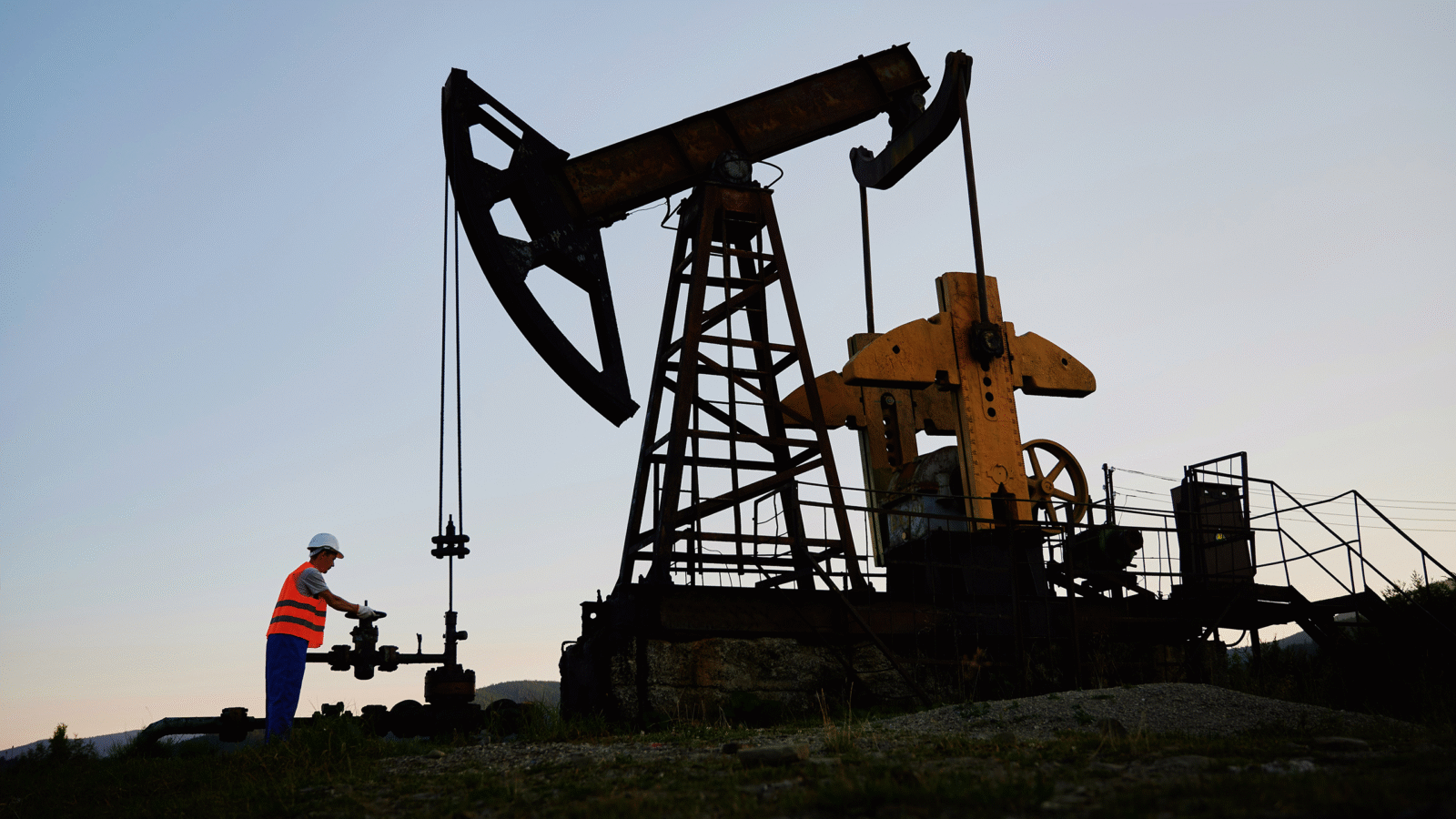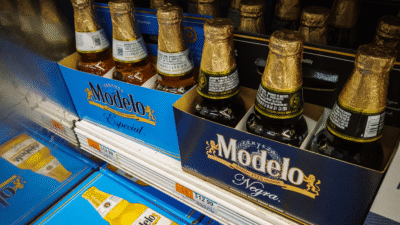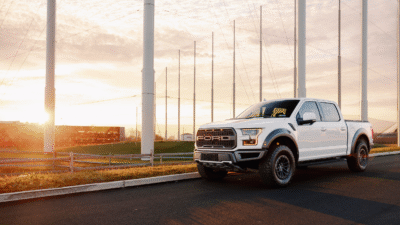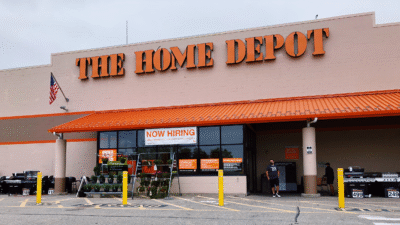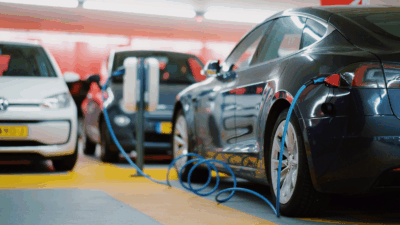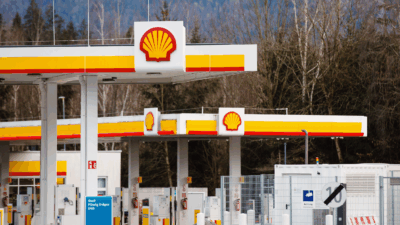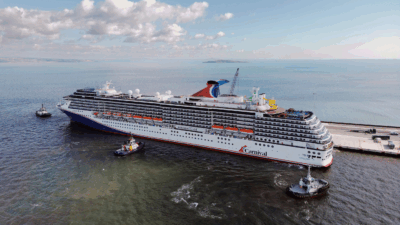Coca-Cola Sees Glass Half Full Even as Trade War Drains Fizz From Pop Sales
Coca-Cola was one of several companies whose earnings last week flashed positive signs, despite the hail of uncertainty around tariffs.
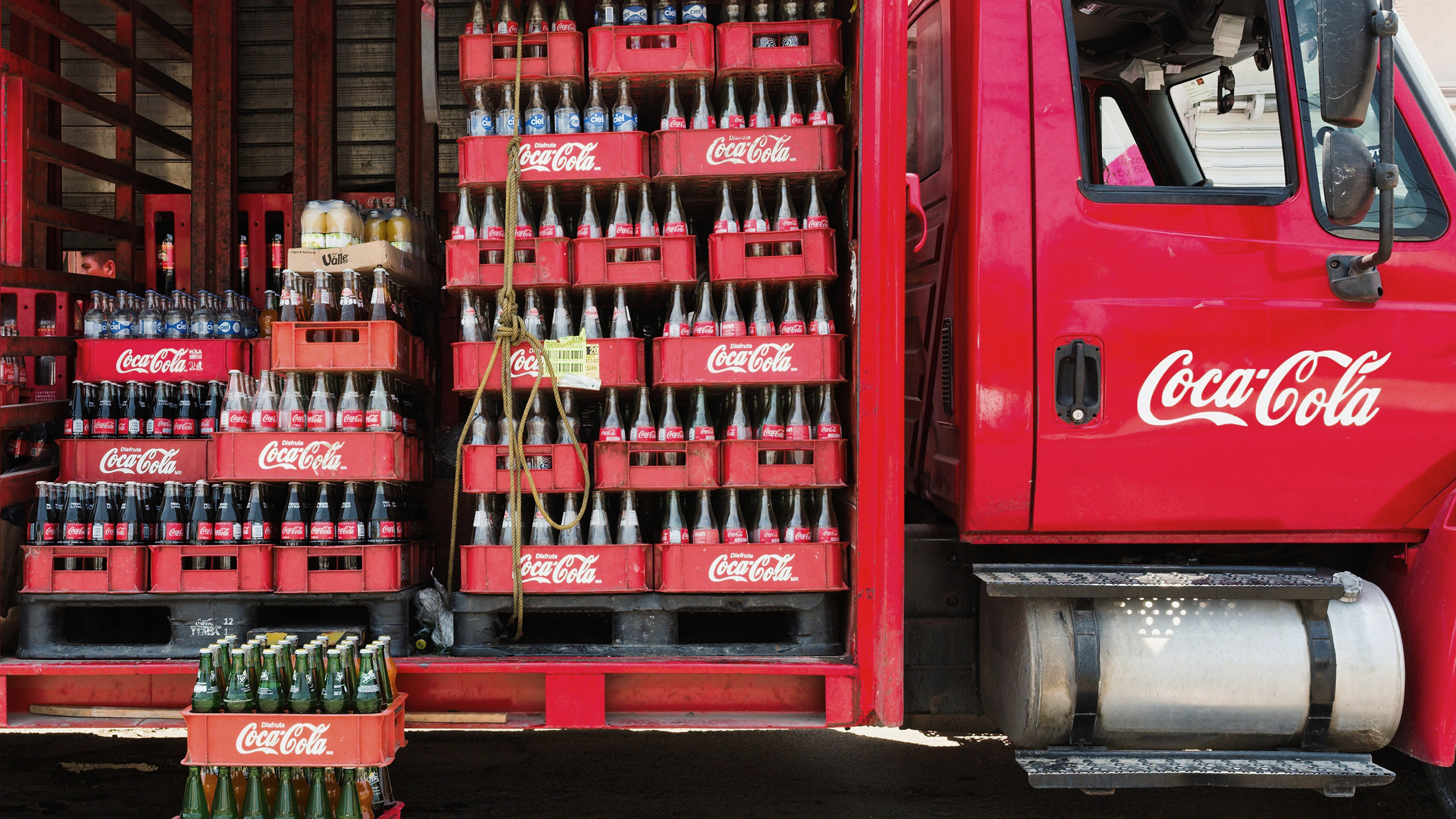
Sign up for smart news, insights, and analysis on the biggest financial stories of the day.
The start of earnings season last week showed corporate America in the throes of Dickensian duality — the best and worst of times.
Swaths of companies, including automakers, airlines, and retailers, pared back previously issued financial outlooks or yanked them altogether, citing tariff-driven uncertainty. Meanwhile, household brands, including Coca-Cola, reaffirmed their full-year forecast, waxing optimistic even as the Trump administration’s trade policies took some of the fizz out of its pop sales.
Hecho en México
“Coca-Cola is for everyone and we strive to contribute to each of the communities we serve,” Chief Executive Officer James Quincey said during the company’s earnings call last week, highlighting the strength of its “all-weather strategy.”
The beverage giant’s earnings per share beat analysts’ expectations, but sales in Latin America were flat for the quarter, stemming from a decline in major markets such as Mexico. The pullback from Hispanic consumers was due, in part, to geopolitical tensions eroding sentiment. For example, there was a viral video that claimed to show the company calling Immigration and Customs Enforcement (ICE) on its undocumented workers, which Quincey dismissed as “completely false.” Coca-Cola plans to win customers back, focusing on affordability with refillables and leaning into the “Hecho en México” (Made in Mexico) campaign, emphasizing localness.
The company’s optimism was a bright spot in an otherwise dour week. The US economy contracted for the first time since early 2022, and consumer spending slowed, fueling fears of a rare economic condition called stagflation, in which growth stagnates and high inflation persists.
Defensive sectors have historically performed relatively well in that environment because they provide essentials. That would explain consumer staples giants’ resilience as others move into a protective crouch, or freeze in place:
- Altria, the maker of Marlboro cigarettes, reaffirmed its profit forecast for 2025, though it posted a less-than-stellar report for the first quarter. Cigarette sales declined amid competition from illicit e-cigarettes, but the company said it sees continued momentum behind its tobacco alternative products. Nicotine pouches, for example, are becoming increasingly popular with Gen Z. CFO Sal Mancuso reminded earnings Q&A participants that Altria is a “US company with a US-focused supply chain.” In other words, the tariff-related impact on costs will be limited.
- Sherwin-Williams beat earnings-per-share estimates, a win driven by higher prices and controlling costs. Revenue missed. The company also maintained its full-year guidance and is due to issue another update in July. CEO Heidi Petz emphasized the paintmaker’s domestic sourcing and manufacturing during its earnings call, and said: “We are determined to expand our competitive moat in the current environment.”
Yield appeal: Coca-Cola, Altria, and Sherwin-Williams pay dividends, which should make them more attractive to investors. Investor preference for how corporations use cash tends to be tied to stages in the economic cycle, per a Goldman Sachs briefing. With the firm’s economists forecasting lower growth, US equity strategist Ryan Hammond expects investors to favor companies that return cash to shareholders or invest in future growth.
